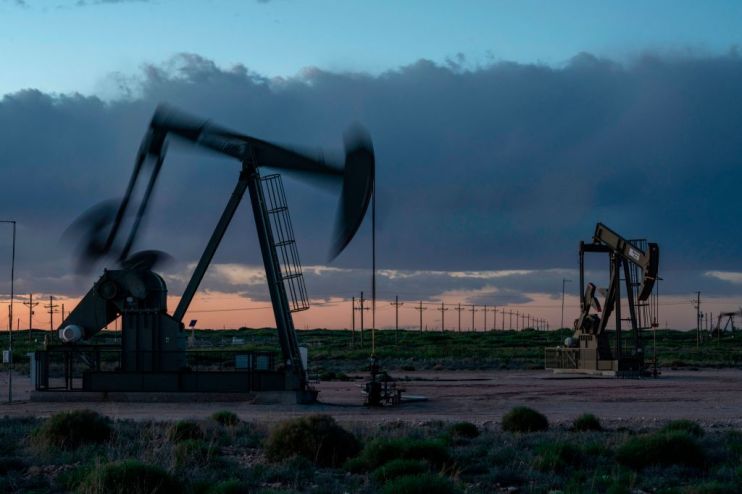Oil prices unfazed by Gabon coup as sluggish China growth halts rallies

Political unrest in Gabon – which could further tighten oil markets – has failed to drive a rally in prices during today’s trading, despite the looming threat of a global supply crunch amid swingeing OPEC production cuts.
A group of senior Gabonese military officers appeared on national television this morning, claiming they had taken power minutes after the state election body announced President Ali Bongo had won a third term.
There have also been reports of gunfire in the capital, Libreville, while Bongo has not been seen in public since he cast his vote on Sunday.
Gabon, which is an OPEC member state, exported a monthly average of 160,000 barrels a day in May to July to Asia, according to Kpler shiptracking data.
Such pressure on supplies comes with the International Energy Agency and OPEC forecasting demand growth of 2.2m and 2.4m barrels per day respectively in the second half of this year.
However, prices on both major benchmarks have barely shifted with Brent Crude up 0.48 per cent at $85.90 per barrel in afternoon trading, with WTI Crude up 0.65 per cent at $81.69 per barrel.
Ole Hansen, head of commodity strategy at Saxo Bank did not anticipate the instability in Gabon would necessarily hamper output.
“Gabon is a 200k barrels per day producer and I assume the first thing a new regime would do would be securing its revenues by protecting its oil production. The market reaction has been non-existent with the focus instead of tight US supplies and Hurricane Idalia,” he said.
There has been a marked decline US crude stocks, which lost around 11.5m barrels in the week up to August 25, according to American Petroleum Institute figures.
Investors are also awaiting to see the effects of Hurricane Idalia, which could disrupt production in the Gulf of Mexico – a region which accounts for about 15 per cent of US oil output.
The category three storm has now made landfall in Florida, bringing 125mph winds and storm surges to the west coast – with more than 230,000 homes are without power amid destructive winds and torrential downpours.
Meanwhile long-standing factors driving oil prices remain in play, with recent data highlighting China’s sluggish economic revival from onerous pandemic restrictions is currently weighing down on oil prices.
While the world’s top oil consumer regained some ground in July, multiple output indicators have levelled off recently – raising the prospect of an economic downturn and reduced demand for oil.
This has put a ceiling on oil prices, which have been propped up by swingeing OPEC output cuts of five million barrels per day, more than five per cent of global supplies, with Saudi Arabia and Russia unilaterally expanding their own cuts by a further 1.5m barrels per day.
Both countries are now expected to extend their voluntary output cuts into October.
It remains to be seen whether US stockpile shortages or the impact of Hurricane Idalia on production can trigger another surge in prices.